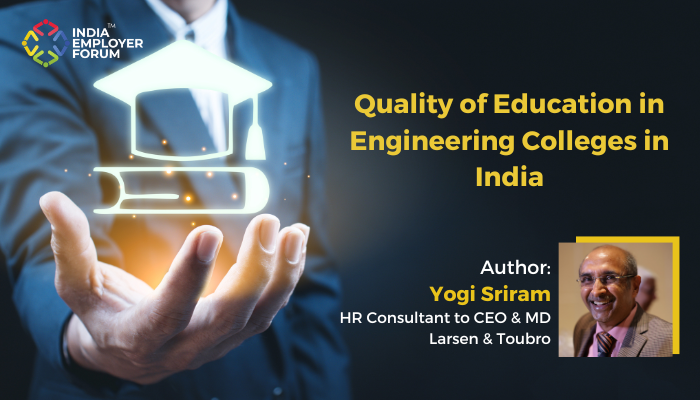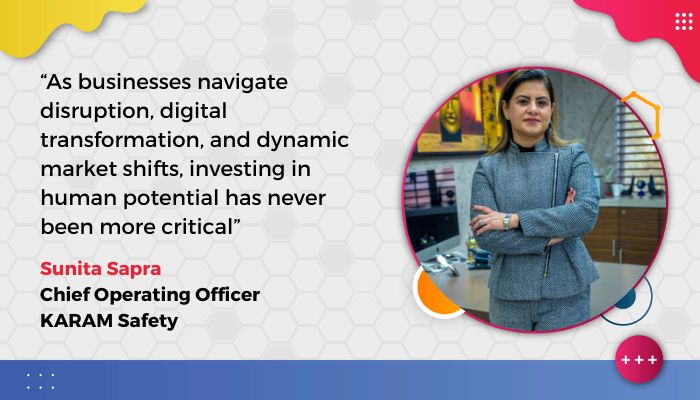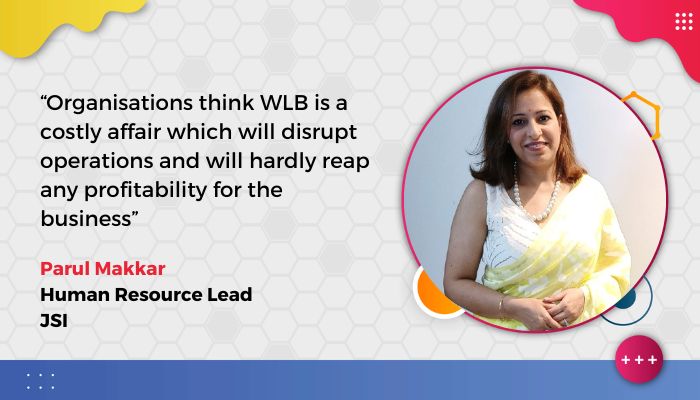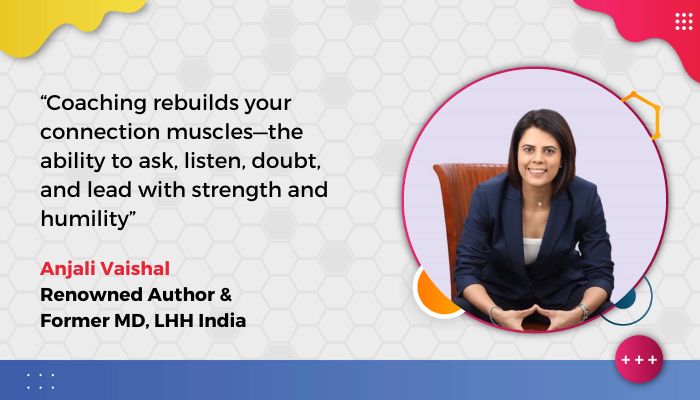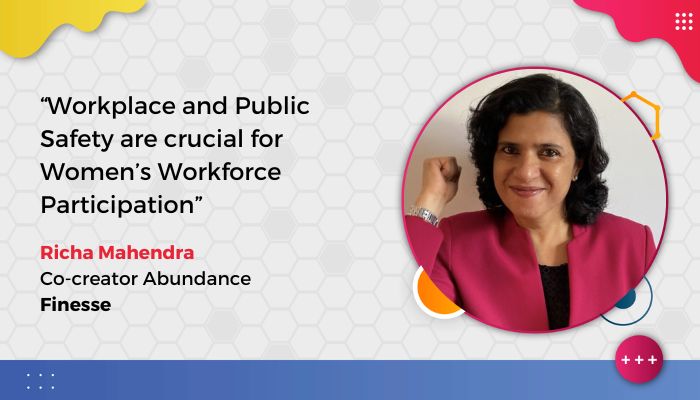Even the top-notch engineering colleges in India (IITs) suffer from an acute shortage of high quality, dedicated, and committed Faculty Members. Vacancies for Faculty Members go abegging for weeks, months and sometimes years. (This deficiency could be due to different reasons in government and private institutions, related to state policies and financial implications). Programmes and Institutions are accredited by NBA and AICTE/UGC respectively, based on compliance with the pre-designated terms and conditions. They often find that one of the most important reasons for programmes to fall short of their aspired accreditation tenure or even be denied accreditation, is because of the inadequate Faculty Members strength leading to a deficient student to faculty ratio. This important quality criteria is referred to as FSR (faculty-to-student ratio). Quality norms set by institutions in accreditation based on the quality standards of education, focus on outcome-based education. Outcome based education covers several facets of education thus ensuring high quality of education imparted in a programme. Outcome-based education or (OBE) is an educational theory that bases each part of an educational system around goals (outcomes). The basic goal of our education system is to provide an optimal mix of knowledge, skills and attitude and thus creating a dynamic pathway for addressing the socio-economic fulfilments and needs of job markets. The National Board of Accreditation (NBA) is doing a yeoman service in accrediting programmes and upholding the highest levels of quality in education.
The growth plans of the country, which are very ambitious ($5 trillion economy) requires a pipeline of skilled and well qualified and competent talent who are job ready. In spite of the huge growth in number of of Engineering colleges, unfortunately, corporates lament that the quality of young hires is steadily deteriorating. An analysis of this gap at a macro level reveals the need for systemic reforms and at a micro level entails a introducing new pedagogical models.
In India, unfortunately, teaching and research are not natural and attractive career choices for highly talented individuals. Often interview panels complain that they do not get the right standard of candidates. In some state universities, vacancies for new hires are not approved for years due to bureaucratic hiccups. There are several reasons for the shortage of good scholars available for teaching jobs. Those who do very well in scholastic performance invariably take up jobs that are not in the academic sphere or go abroad for further studies. The story about those who go abroad particularly to the USA, is familiar. They seldom return. The IITs have proved to be a sieve for brain drain. Perhaps it is time that we think of a compulsory teaching period of two years, in their engineering college or alma mater for all those students who pass out of the IITs and/or Tier 1 institutions amongst the NITs, just as they have a draft for Military service in some countries (a state-mandated enlistment of people in a national service). This suggestion, if implemented, will lead to a transformation amongst young engineering grads and should work the same way as the residency period for medical graduates with deeper immersion in a domain. The strategy of attracting the best talent to take up careers in academics should emphasise the superordinate goal of such careers contributing to the building of the Nation. Just as a career in the Armed forces instils pride and a spirit of adventure, branding academic careers as pathways to contributing to innovation, a scientific temperament and Nation building, is equally important.
Let us go through the typical educational journey of an individual who is ready for employment. Quite often from local schools in mofussil towns or tier 2 or tier 3 cities the individuals go through their education, often in a vernacular at school level and while performing exceedingly well scholastically, lack exposure to developing the communication skills in the lingua franca of today’s world, English. Their language of thinking is their mother tongue from which they translate the words in their mind, into spoken English. This “processing time” in expressing themselves often results in a negative impression indicating the lack of fluency. The lack of communication skills acts like a self-fulling prophecy and many such talented people tend to go into a shell because of diffidence. Corporates complain that they lack the soft skills for becoming future leaders and often are unable to decisively solve the conundrum by identifying such young hires for a programme that demands a high level of technical skills rather than sales/business skills, and where communication skills even of a basic level is good enough
In today’s world of rapidly changing technology the emphasis of Corporates should be focussed more on engineering & technology and then on remedial programmes to develop soft skills, in that order. To my mind, the former assumes greater priority in contributing towards India’s march towards becoming one of the most powerful economies of the world. Digital transformation and also open digital commerce platforms such as ONDC are encouraging youth to use neoteric technology enabled business models; significant potential lies in these models for contributing to the national economy.
Corporates can do a lot more in improving the quality of education in engineering colleges. The National Education Policy 2020 (NEP) emphasises amongst other things, the concept of a practice professor. A practice professor need not necessarily have a Doctorate qualification but by virtue of her/his experience and knowledge can teach a subject having attained expertise in the domain. The professor should be available full time for teaching a subject for at least two academic terms. This will greatly address the impediment in reaching high quality teaching standards, due to the shortage of full-time academic Faculty
Corporates should also offer to spend time with the academic fraternity of colleges from which they hire, to give them an idea of the domain priorities for their businesses in the near future. CHROs of corporates should get themselves familiar with the role of the National Board of Accreditation (NBA) and National Assessment & Accreditation Council (NAAC) and their impact on stakeholders such as Parents, Students, recruiters and their role in accrediting programmes and institutions.
Finally, the National Education Policy (NEP) 2020 strives to introduce certain radical reforms in course curriculum and pedagogy, in education. Terms such as multidisciplinary, transdisciplinary, and interdisciplinary have assumed importance while designing programme combinations and choices to students. Corporates may have to look at engineering disciplines and specialisations with a new lens and perspective since institutions will be offering combinations of credits in subjects that may look unrelated to each other. Also, HR Departments may have to prepare themselves to look at candidatures of those migrating between universities and collecting credits by virtue of the academic bank of credits instead of viewing such candidates as inferior in going through the required academic rigour demanded in a job specification. Since, the existing NBA practices provide detailed information on several metrics connected with a given program, corporates can leverage these data points for their gainful captive consumption.
The Ministry of Education has set up a high-level panel to strengthen the assessment and accreditation of higher educational institutions, on November 4, 2022. The panel is headed by Dr K Radhakrishnan, Chairperson, Board of Governors, IIT Kanpur. He is also the chairperson of the Standing Committee of IIT Council.
Mandate Of the Committee:
“The mandate of the committee includes strengthening the assessment and accreditation processes and preparing a road map for the National Accreditation Council envisioned in the National Education Policy, 2020. India has one of the largest and diverse education systems in the world,”. CHROs of both traditional companies and technology behemoths
must familiarise themselves with these important developments in higher education since in most companies, including in listed professionally managed companies, the dependence on the quality, productivity, passion and zeal of the Engineering Trainee level talent continues to be significant.
Author: Yogi Sriram, HR Consultant to CEO & MD, Larsen & Toubro
About the Author
Yogi Sriram, with over 45 years in HR leadership, is currently serving as Consultant to CEO & MD, Group HR, Larsen & Toubro Ltd and the company group HR. He has Advisory/Consultancy expertise in drafting strategic HR Policies, Leadership Building, Mentoring and Organisation Development. He has led HR as CHRO/Head HR for L&T, Dabur, BP, Taj, ABB and NTPC. He recently featured in the book Leaders in the Making – The Crucibles of Change-Makers in HR authored by Dr. Arvind Agrawal/Mr T V Rao.
(My views are personal and have nothing to do with my involvement with L&T or NBA)
I gratefully acknowledge inputs from
- Prof. U. Chandrasekhar, FIE, C.Eng, CEO-GM Scientific Innovation & Research Centre & Adjunct Faculty CPDM IISc. (Former) Additional Director – GTRE DRDO & Director General – IE(India).
- Mr Suresh Mhatre, B Tech, Consultant IT, Ex Vice President, TCS and Ex-President, Bombay Management Association.
- Prof Sujata Sriram, PhD, Dean, School of Human Ecology, Tata Institute of Social Sciences.
Disclaimer: The opinions and views expressed in this article, including any accompanying data, are the sole responsibility of the author and should not be construed as reflecting the official policy or position of India Employer Forum.
You might also be interested to read: Building a Talent Pipeline for the Future

